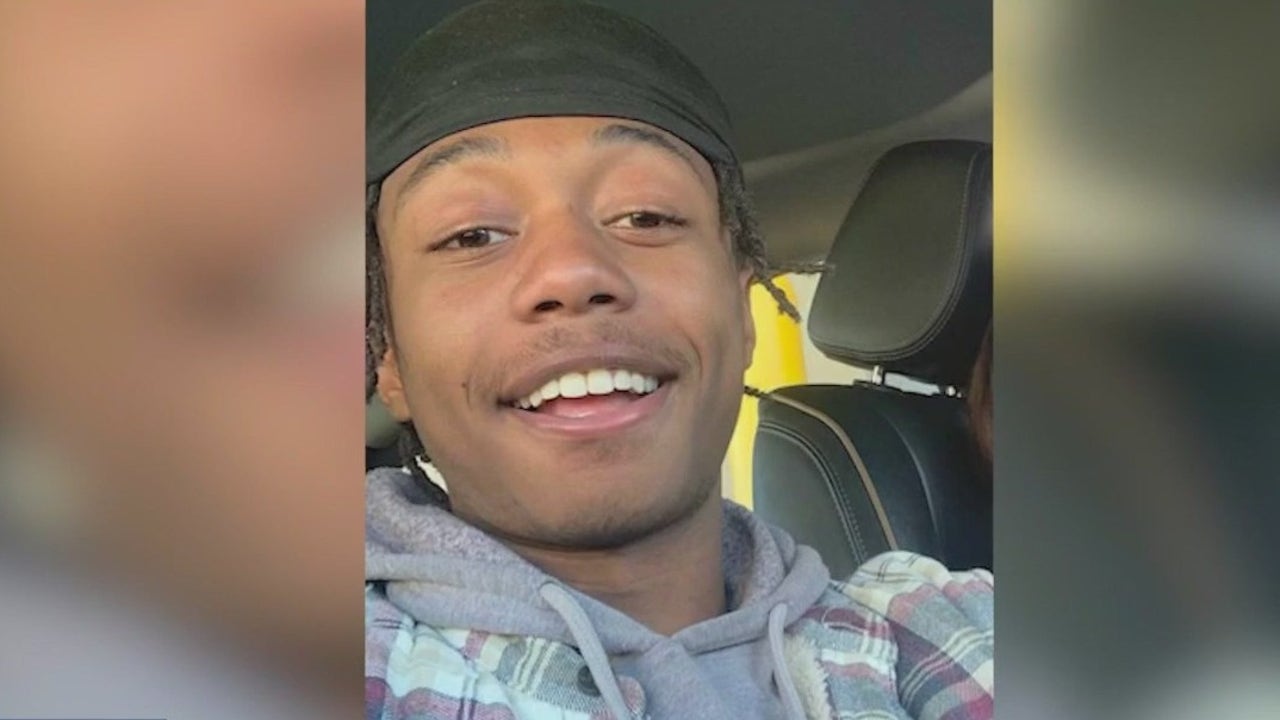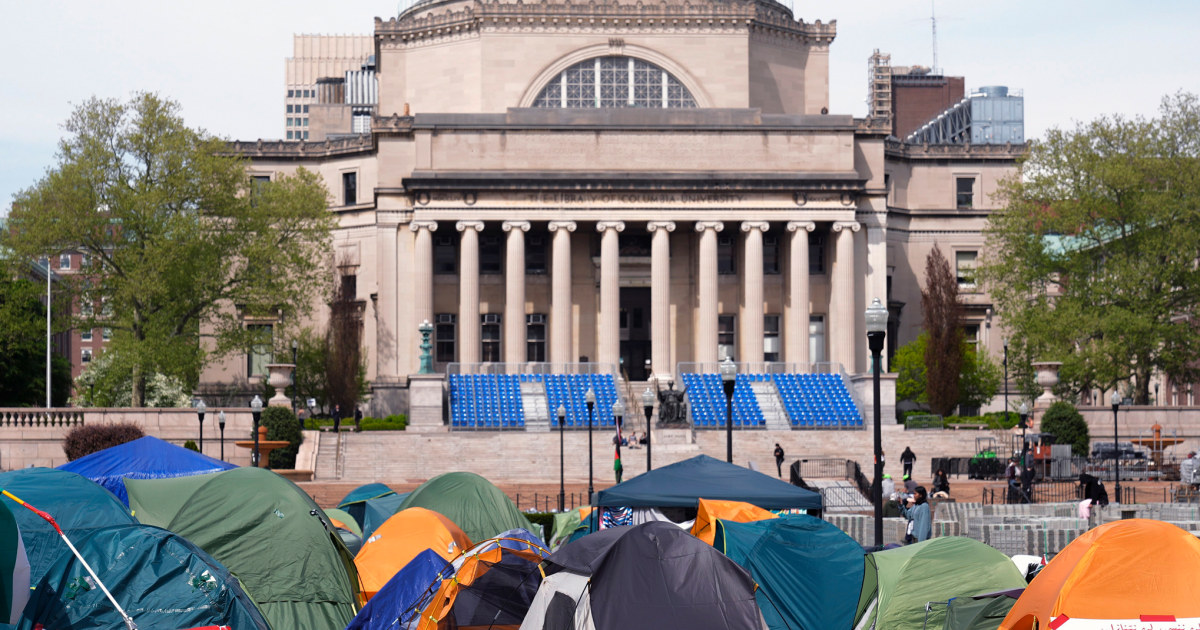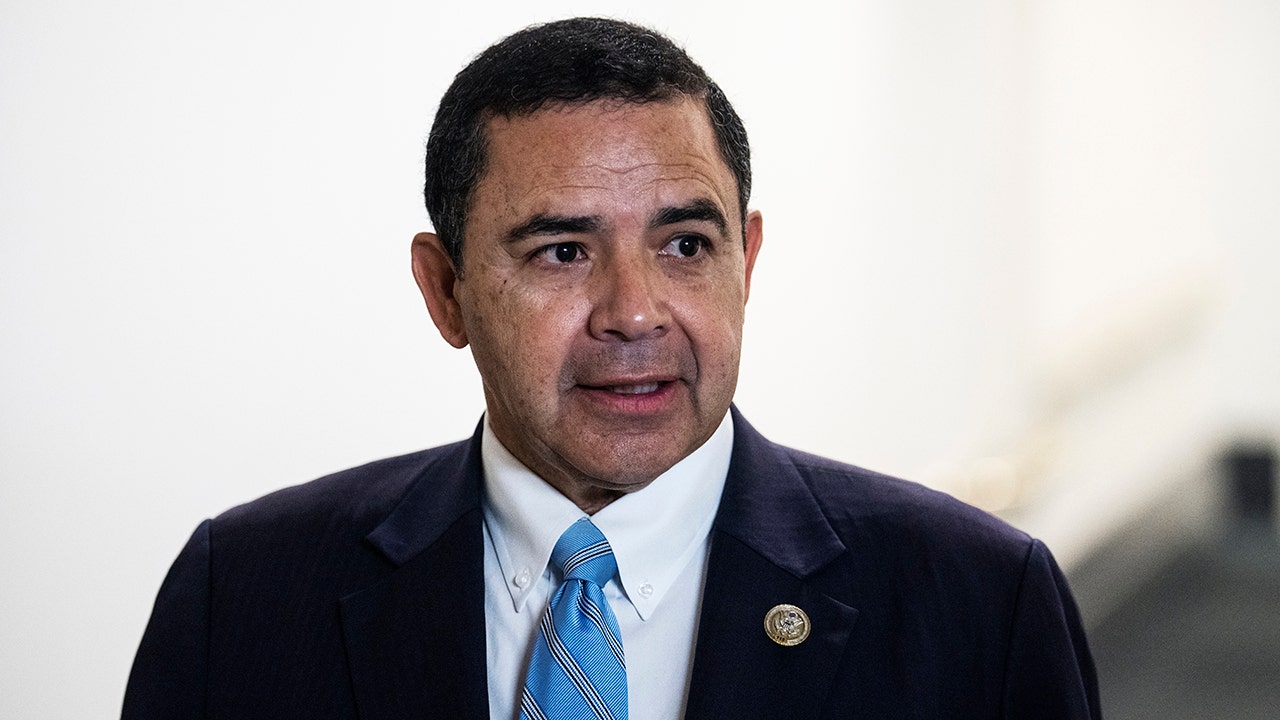Midwest
House GOP chairman accuses key government agency of acting as Biden 'campaign arm'
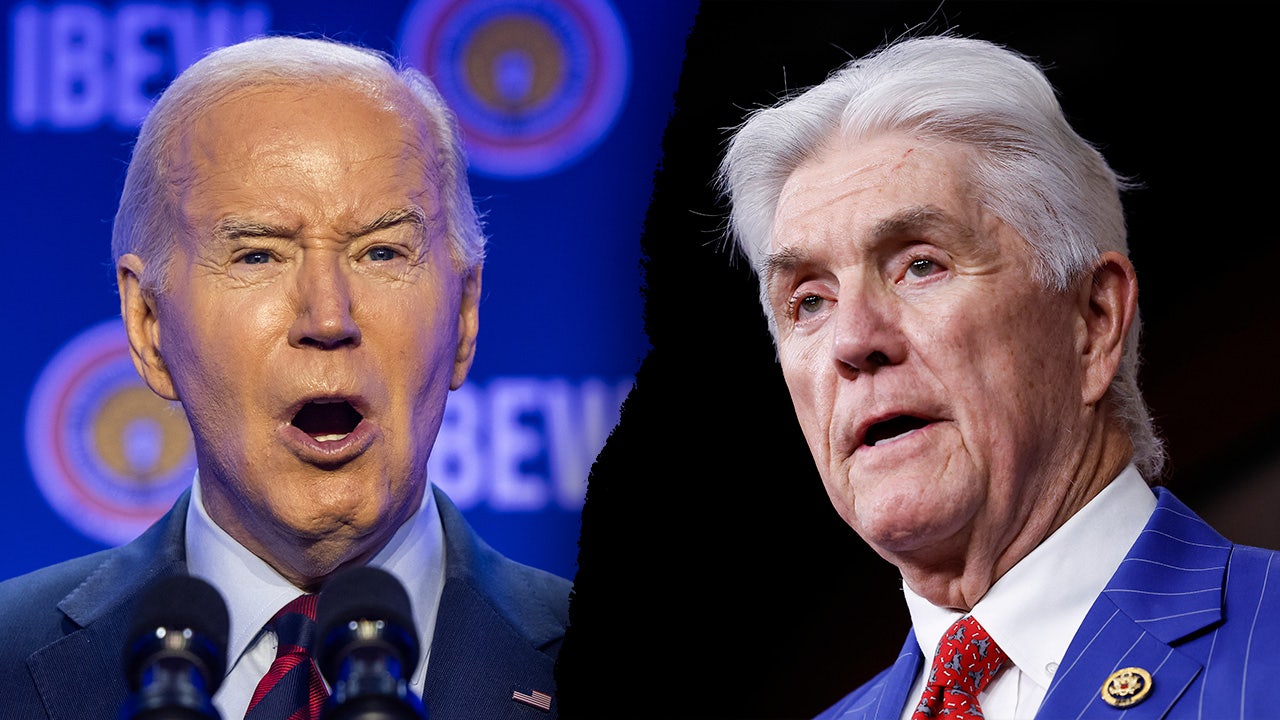
FIRST ON FOX: The top Republican on the House Small Business Committee is accusing the Biden administration of using a key government agency as its “campaign arm” in a critical swing state ahead of the 2024 election.
“Earlier this month, my colleagues and I sent a letter to the SBA inquiring into their Memorandum of Understanding with the Michigan Department of State. It appears that the SBA is diverting its resources away from assisting Main Street so it can register Democrat voters,” Chairman Roger Williams, R-Texas, told Fox News Digital.
“Federal agencies should not act as campaign arms for their Administrations, period. Americans have a right to know the extent of the SBA’s involvement, and based on further investigation, it appears even more concerning. I look forward to hearing from Administrator Guzman as to why her agency is engaging in election efforts on the taxpayer’s dime.”
BIDEN ADMIN ACCUSED OF USING TAXPAYER FUNDS TO HELP HIS OWN CAMPAIGN WITH STUDENT VOTER REGISTRATION SCHEME
Small Business Committee chairman Roger Williams is accusing President Biden of using the SBA as a campaign arm. (Getty Images)
It comes as President Biden’s re-election campaign eyes Michigan as a must-win state in the 2024 race. Biden beat former President Trump by less than 3% there in 2020.
Williams’ committee is investigating the Small Business Administration’s collaboration with the Michigan Department of State on a program “to promote civic engagement and voter registration in Michigan,” according to a press release announcing the partnership.
The press release said the Michigan Department of State would “create a unique URL for the SBA to use to drive online visitors to register to vote,” and that the SBA’s Michigan field office would allow state government officials to facilitate in-person voter registration at the federal agency’s business outreach events. It is part of an overall effort by the Biden administration to expand access to voter registration, launched by a 2021 executive order.
BEWARE OF WORK-STUDY PROGRAMS DISGUISED AS POLITICAL ACTIVITIES: GOP ATTORNEYS GENERAL LETTER TO DOE
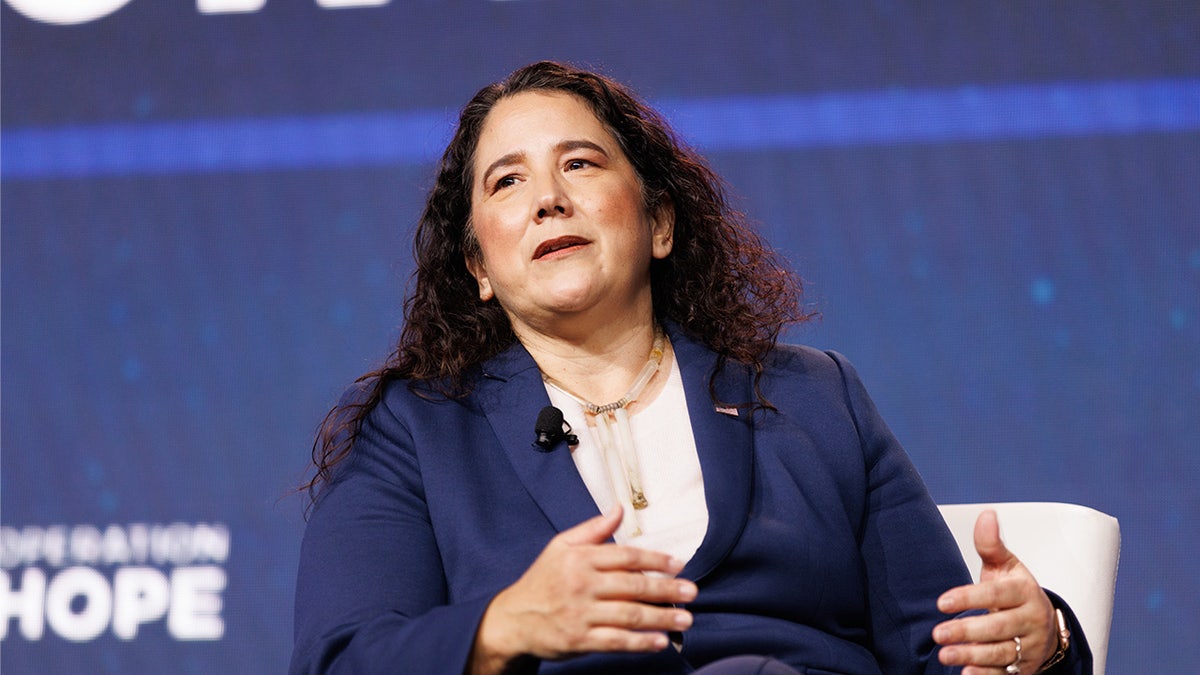
Williams is targeting a partnership started by the Michigan Department of State and Small Business Administration chief Isabel Guzman. (Getty Images)
An investigation by the House Small Business Committee found that 22 out of 25 of such outreach events have taken place in counties with the highest population of Democratic National Committee (DNC) target demographics.
Meanwhile, 11 of 15 Michigan counties that showed the largest voter registration increase over the last year have ranked highest in population of young voters and Black voters, according to the committee – two of the left’s most-sought voting blocs.
Williams sent a letter last week to SBA Administrator Isabel Guzman demanding more information on whether her federal office is helping expand Biden’s voter base.
POLL REVEALS BATTLEGROUND STATE VOTERS PREFER TRUMP OVER BIDEN IN HEATED 2024 CONTEST
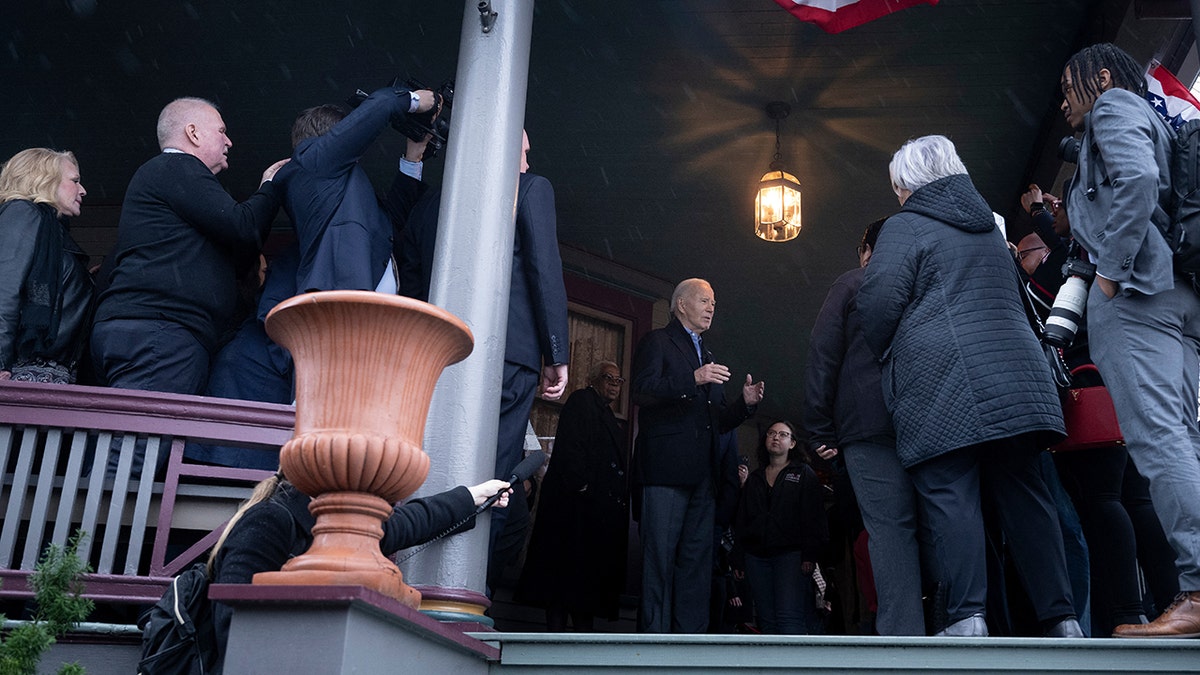
Biden talks to supporters at a campaign event outside a private home in the Cathedral District neighborhood of Saginaw, Michigan, on March 14, 2024. Michigan is a critical state for Biden to win in November. (Photo by BRENDAN SMIALOWSKI/AFP via Getty Images)
“The Committee wrote to you on April 4, 2024, requesting further information about your involvement in voter registration in Michigan. You failed to provide a briefing, narrative response, or any documents by the deadline. The Committee is incredibly concerned that the Small Business Administration (SBA) improperly involved the federal government in America’s electoral processes,” Williams wrote.
Fox News Digital reached out to the Biden campaign and the SBA for comment.
Read the full article from Here

Milwaukee, WI
Milwaukee Film names Anne Reed as permanent CEO
Minneapolis, MN
Minneapolis police chief says carjacking crackdown is working as auto theft numbers drop
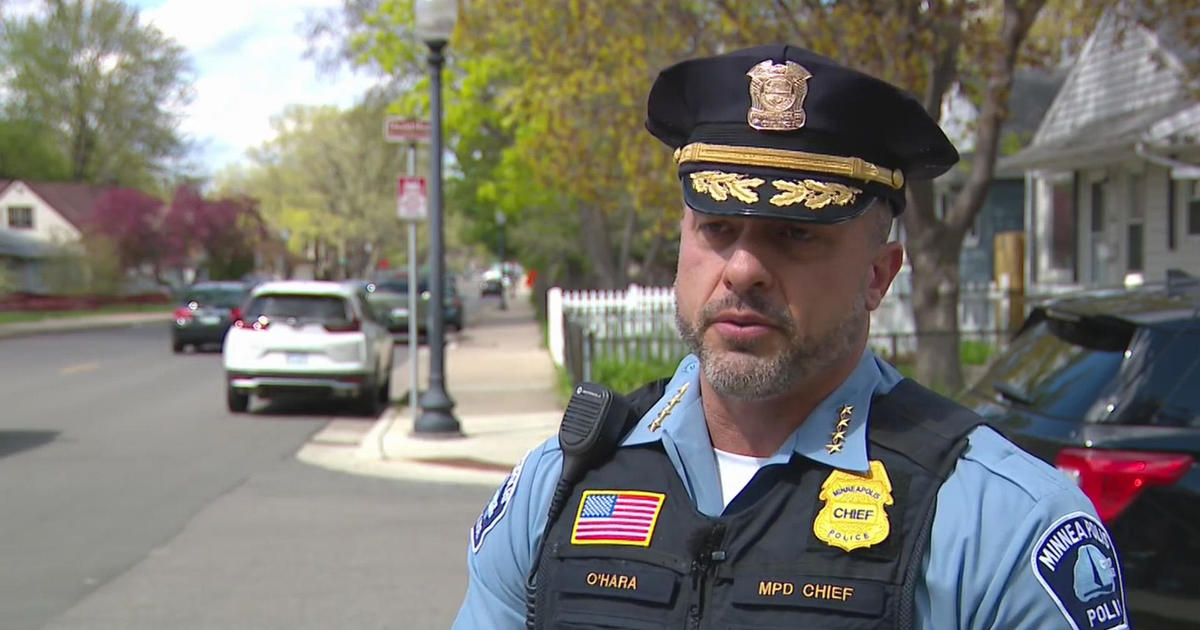
MINNEAPOLIS — Despite recent incidents, carjackings and auto thefts are actually down across Minneapolis.
According to the city’s crime dashboard, so far in 2024 there have been 76 carjackings, down nearly 21% from last year (95) and 41% compared to the three year average (135).
“I feel very confident that the strategies that we have in place are working because we have seen statistically significant declines since we enacted them,” said Chief Brian O’Hara on Friday afternoon. O’Hara wasn’t ready to declare victory over crimes involving cars however.
Earlier this year, robbery sprees sent that crime data skyrocketing.
“Early this year, the amount of robberies which also includes carjackings were up significantly in the city. They were up about 50% year to date when we started having a robbery spree problem,” O’Hara said. “Last week, we had three teenagers shot in one week, one of them was murdered. Two of the three were shot while they were inside of a stolen car. So it’s a very clear connection between, you know, auto theft and joyriding and then these robberies and carjackings.”
The night before O’Hara spoke to WCCO, three teens were arrested for carjacking a woman.
“I think there’s 20 different reports in all for two of them. You know, everything from auto theft to joyriding in a stolen car and carjacking,” O’Hara said. “It’s a problem we’ve seen over the last couple of years.”
O’Hara credits multiple initaitves for the decline in numbers of those years.
“We initiated a robbery response protocol where we saturate areas as soon as we can once we noticed these problems . . . and then even when we do have robbery sprees, there’s fewer robberies and carjackings reported,” O’Hara said. “We also now have juvenile investigators on call 24 hours a day, seven days a week . . . because there’s certain procedures and evidence collection issues that are different for juveniles. We want to make sure that we’re doing everything we can at the time of the incident — whether it’s three o’clock in the morning, or three o’clock on a Monday afternoon — to ensure that we’re doing everything possible to build these cases as quickly as quickly as we can.”
O’Hara says his investigators have also been working with closely with prosecutors to build stronger cases to prevent repeat offenders, but it can be difficult.
“When we have these crimes, several robberies happening in a short period of time, particularly when victims are being approached and the incident is over in less than a minute, sometimes by eight or nine juveniles, sometimes while they’re wearing masks, it becomes very difficult for victims to give us accurate descriptions, to give us license plates, identifying information, that all complicates building these cases,” he said “So there’s been a whole lot of hard work that has gone into this. There’s a number of strategies, you know, and collaborations with other law enforcement that we’re putting together that the community will be seeing very publicly, very soon within the coming weeks, both to get violent offenders off the street and also to try and get as many illegal weapons that we can off the street before the summer hits.”
O’Hara says one of the biggest sources of help in police work continues to be tips from the community.
“If you do see people that look like they’re too young to be driving a car, circling an area driving recklessly, people driving around wearing masks, call that in, because that may be the clue for who we’re looking at a particular moment. And that has been very helpful to make arrests,” he said.
Indianapolis, IN
Indianapolis is a historical home for Asian American and Pacific Islander businesses
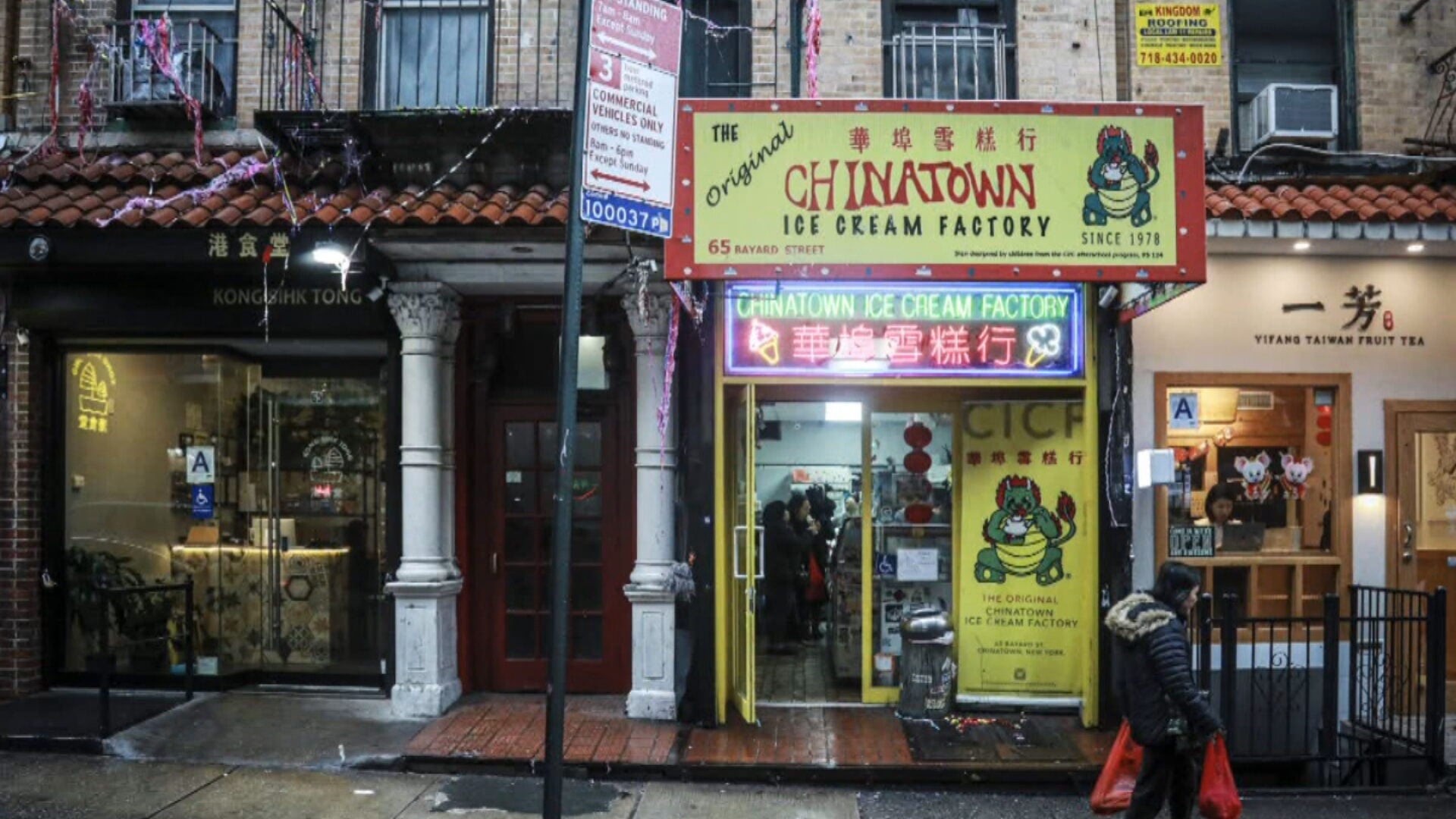
INDIANAPOLIS (WISH) — Indianapolis is a historical home for Asian American and Pacific Islander businesses.
In coastal cities like New York, San Francisco, and Chicago, “Chinatowns” exist, but not in Indianapolis. President of Asian American Alliance Rupal Thanawala explains, “In many states and cities, Chinatowns really evolved because foreigners were not welcomed in the city. There were many neighborhoods that didn’t let them live there.”
Chinatowns became a safe haven from prejudice and racist laws. While these cities became magnets for Asians in the early 1800s, eventually they moved to Indiana. Originally from China, Moy Kee moved to Indianapolis in 1897.
He was the first citizen who had the right to vote and during that time not everyone was allowed to vote. Key opened up several businesses in the city. He is indiana’s first Asian American citizen. His face is plastered on the mural on Bicentennial Unity Plaza.
“He was the first citizen who had the right to vote and during that time,” Thanawala said. “Not everyone was allowed to vote. This is perfect timing since next week is election and to think at that time, 130-140 years back, a Chinese man could vote in the state.”
“Asian Americans make up 2% of Indiana’s population, and because Asian Americans and Pacific Islanders are spread out throughout the state, there isn’t really an official hub,” said Thanawala.
Nicole Martinez-LeGrand, an historian and curator at Indiana Historical Society, pointed out that the Indianapolis Symphony Orchestra used to be Bamboo Inn, a Chinese restaurant from 1918 to 1961.
“Right here in the middle right above the roof, there is a huge sign that says chop suey,” said Martinez-LeGrand. Martinez-LeGrand described it as a booming restaurant in a prime real estate. She adds that they contributed to the local economy, even donating war bonds during WWII. The restaurant flourished with white patrons especially during the height of the KKK. Martinez-LeGrand showed photographs of waiters, and on another image, white customers posing in the front of the eatery.
“I think its important to see themselves in history to see who is supporting them in history,” Martinez-LeGrand said. “It’s important to know it existed here on the circle, which is prime real estate at the time.”
-

 News1 week ago
News1 week agoLarry Webb’s deathbed confession solves 2000 cold case murder of Susan and Natasha Carter, 10, whose remains were found hours after he died
-

 News1 week ago
News1 week agoFirst cargo ship passes through new channel since Baltimore bridge collapse
-

 World1 week ago
World1 week agoHaiti Prime Minister Ariel Henry resigns, transitional council takes power
-

 World1 week ago
World1 week agoSpanish PM Pedro Sanchez suspends public duties to 'reflect'
-

 World1 week ago
World1 week agoUS secretly sent long-range ATACMS weapons to Ukraine
-

 Movie Reviews1 week ago
Movie Reviews1 week agoHumane (2024) – Movie Review
-

 News1 week ago
News1 week agoAmerican Airlines passenger alleges discrimination over use of first-class restroom
-

 Education1 week ago
Education1 week agoVideo: Johnson Condemns Pro-Palestinian Protests at Columbia University




